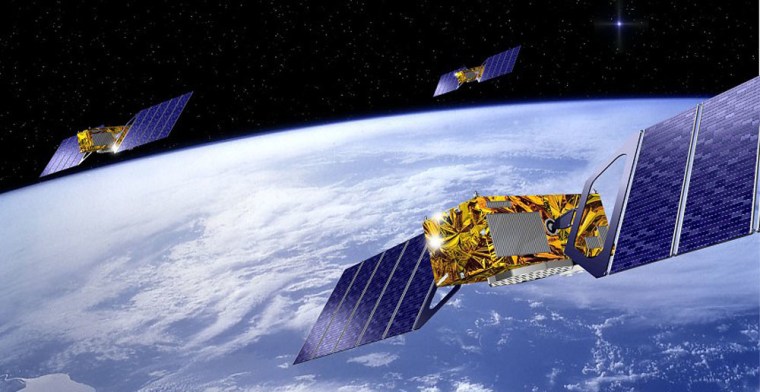The European Union and United States said Wednesday they had resolved most of Washington’s objections to Europe’s plan to build a rival version of the U.S. global satellite navigation system.
In a joint statement following two days of talks in Brussels, the delegations said they reached agreement on “most of the overall principles” of cooperation between the U.S. Global Positioning System and the EU’s planned competitor, dubbed Galileo.
“The few remaining outstanding issues ... concern primarily some legal and procedural aspects,” the statement said, adding that work would continue “diligently” to resolve them.
The EU hopes to have the 3.6 billion euro ($4.5 billion) satellite system operational in 2008. But it has come close to crashing several times because of costs and clashes with the United States, which feared it could interfere with GPS signals.
Wednesday’s statement said areas where agreement was reached include confirmation of interoperability and commitment to preserve national security capabilities.
Several EU countries originally balked at Galileo’s cost and questioned the economic viability of setting up a commercial competitor to the freely available GPS, the de facto global standard now widely used for navigation by everyone from hikers to ship captains and increasingly used in aviation.
But the project survived several near-brushes with death, boosted by claims that it would create 100,000 new jobs and — unintentionally — by U.S. lobbying against it.
After the White House and the Pentagon, which controls the 24-satellite GPS system, called Galileo unnecessary, European leaders warned that Europe risked “vassal” status to U.S. technology in space.
